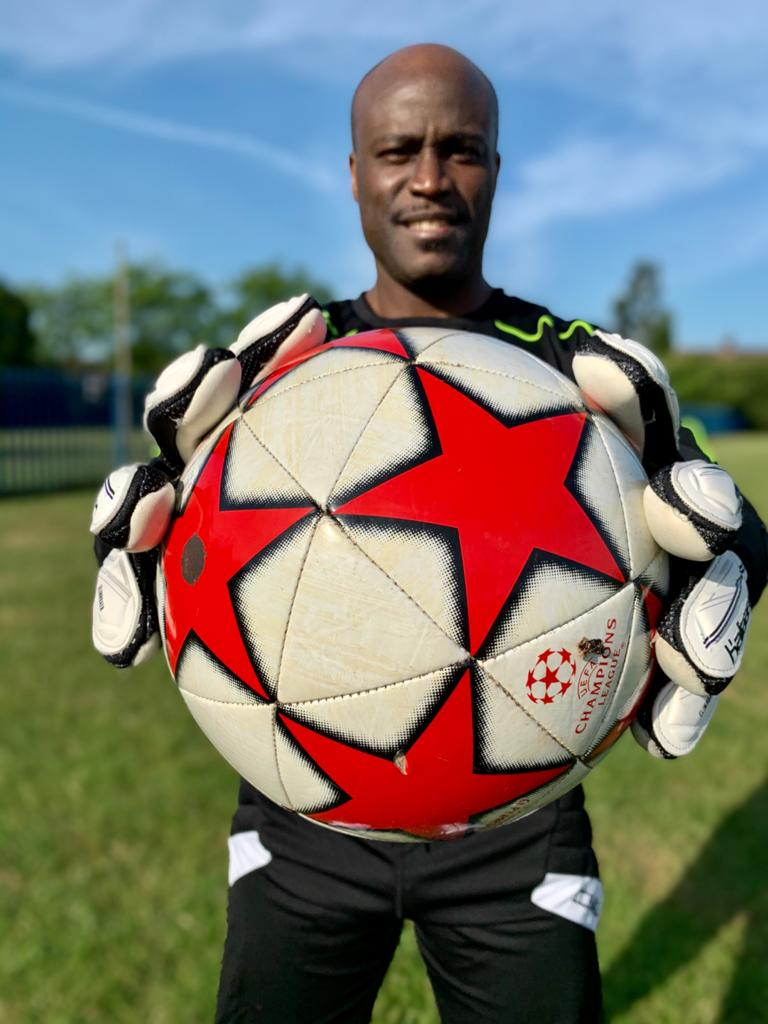Getting your nutrition right can make or break a goalkeepers training plan.
65% kitchen. 35% Goalkeeping workouts.
It’s a statistic you’ll have heard before, but one you probably still struggle to struggle to understand – especially after an hour-long slog on the squat rack.
How can all the goalkeeping workouts only be responsible for a fifth of your body transformation?
In short, because those workouts can only bring about the growth and development you want with the correct fuel.
Follow these quick wins and you’ll be well on your way to the transformation you’ve always wanted.
It supports your training goals
The major differences between diet plans should be the surplus or deficit applied to your daily calorie targets. You can also alter the ratios between your macronutrients (protein, fat and carbs) that make up your total calorie count. This will support your individual requirements and training schedule. For example, when on a cardio programme, you can increase the amount of carbs for more energy, or extra protein when doing lots of plyometrics and need to help your muscles recover.
It’ll make you more conscious of the foods you’re eating
Working towards a daily target of calories and macronutrients will make you appreciate just how difficult it is to fit junk into a healthy diet. Sugary drinks, milky coffee and alcohol can all be very dense in calories and therefore add a lot of extra calories. And that’s without adding anything meaningful towards your macronutrient targets. Instead, fill your diet with an array of colourful veg, whole grains and healthy fat sources – you’ll soon find this leaves very little room for anything else.
You won’t over eat
This may sound obvious, but an increased training regimen can leave you constantly hungry. Plus, a study published in the Journal of the Association for Consumer Research found that eating healthy foods can encourage you to over eat because you assume its guilt free. However, if you are consuming more energy than you are using then you will put on weight, regardless of whether the food you are eating is healthy or not.
You won’t under eat either
Under eating can be very dangerous, the body needs a certain amount of vitamins, minerals and energy to function… A lack of which can result in mood swings, lack of concentration and a negative effect on goalkeeping training development.
You can split your macros throughout the day
Having macronutrient and calorie targets is one thing, but a well-balanced meal plan will help you get the most out of them. For example, the standard carbs for breakfast and protein for dinner protocol won’t work in conjunction with a proper goalkeeping training plan.
Your body can only process so much protein at one time before you end up losing the excess in urine, plus your muscles are hungry for fuel all day so spacing your intake across the day helps them repair more quickly. A meal plan that evenly splits your macros across 3 meals a day is the best way to achieve this.
So, how do you go about matching your nutrition and goalkeeping training plan?
First, you need to work out the amount of calories you burn every day just by being alive – also known as your basal metabolic rate. Which is easier than you think.
Here are the calorie values for each macronutrient:
– 1g Protein = 4 Calories
– 1g Carbohydrate = 4 Calories
– 1g Fat = 9 Calories
So, take 40% of your calorie target and divide that number by four to find out how many grams of protein you should be eating. Then repeat this little bit of maths for your carbs and fat too.
All that’s left to do is track your intake using an app like myfitnesspal and you’re well on your way to matching the perfect nutrition plan to your training schedule.

